-
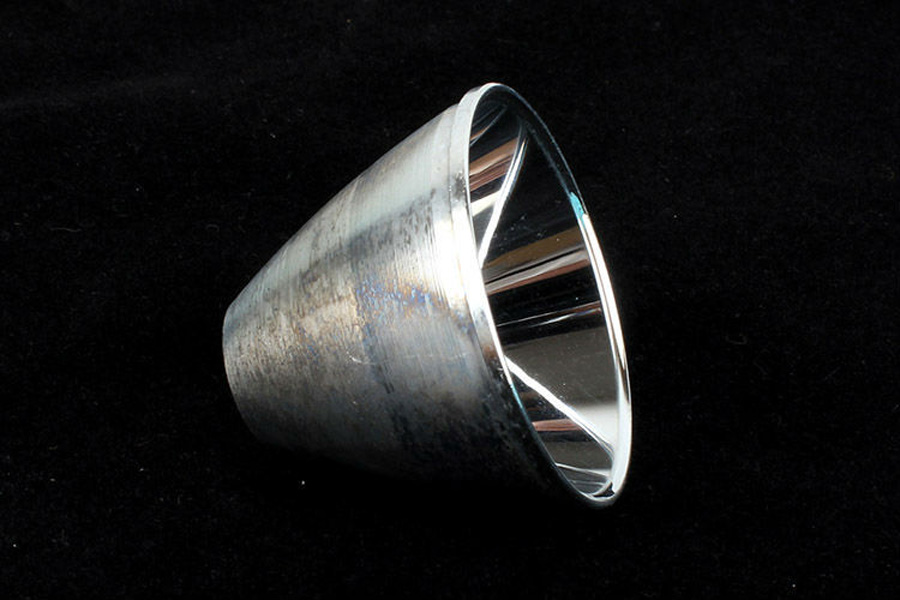
How to Choose the Right Spinning Supplier
Choosing the right spinning supplier is a critical decision for manufacturers and businesses that require spinning services for producing high-quality parts and products. Metal Spinning, a metalworking process that involves deforming metal into various shapes through rotational force, demands precision and reliability. The choice of supplier can significantly impact the efficiency, cost, and quality of…
-
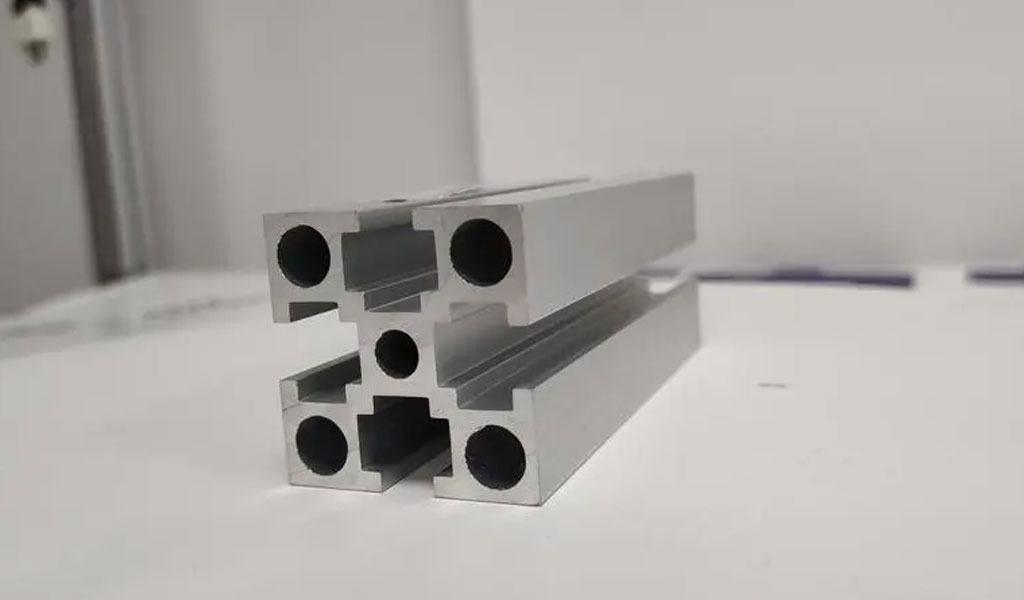
The Difference Between Drawn and Extruded Aluminum
Aluminum is one of the most versatile metals used in manufacturing today. Aluminum is used across many industries to produce products in an almost unlimited number of shapes for an almost unlimited number of uses. With such versatility, it’s no surprise that there are several different manufacturing methods for aluminum extrusion product production. The two…
-
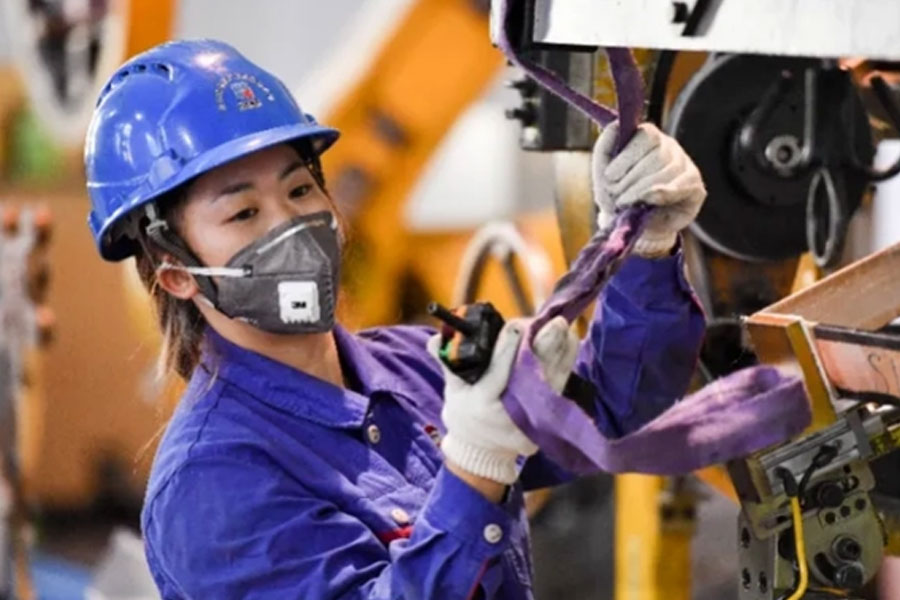
Why young people do not want to do machining
Previously engaged in machinery is still particularly fragrant, but now and the Internet-related industries than it seems a bit inferior, more people did not expect the mechanical industry is still recruiting people, because now the young people would rather go to delivery than engage in mechanical processing, is it true that mechanical processing talent to…
-

Application of high-speed machining in the field of automobile production
Application summary of high-speed machining center in the field of automobile production: application of module power supply surface photometer: new technology for measuring the inner wall of the pipeline CNC milling machine parts processing example operation video tutorial Telemecanique Lexium 05 series servo motion control products Delta electromechanical products are fully automated in ultrasonic cleaning…
-
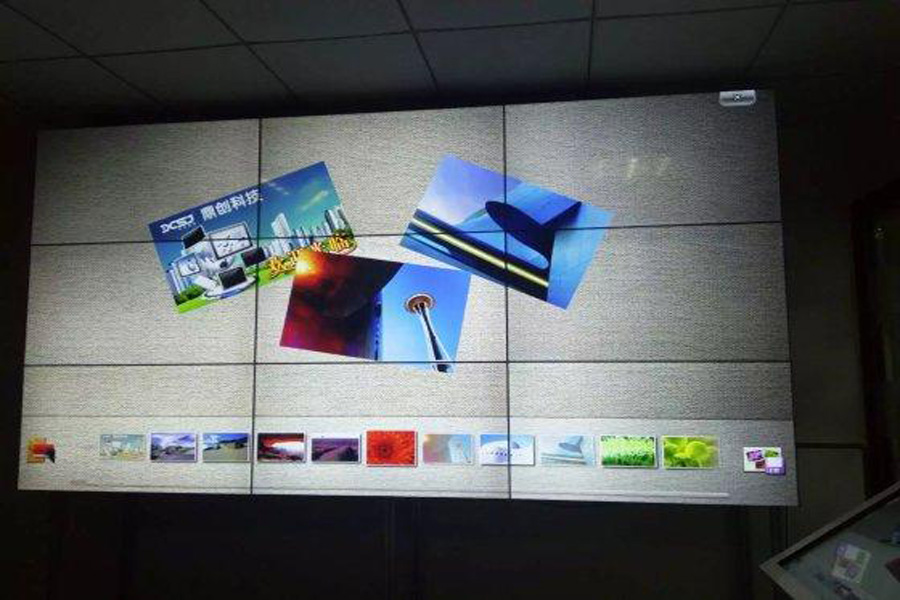
What is investment precision casting?
Lost wax casting is now called investment precision casting. It is a casting process with little or no cutting. It is an excellent process technology in the casting industry, and its application is very wide. It is not only suitable for casting of various types and alloys, but also produces castings with higher dimensional accuracy…
-
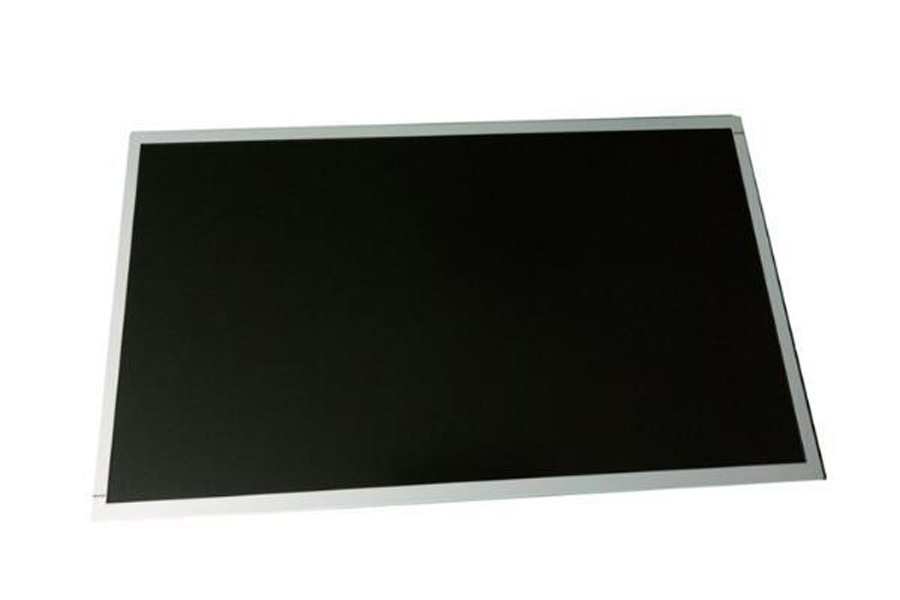
How to prevent defects caused by aluminum castings
The defects of aluminum castings are mainly manifested as
-

China’s precision casting industry requirements
Precision casting is the world leader in the foundry industry. As the representative of the foundry industry in high-tech fields, precision casting must play its exemplary role and lead role, but the premise of precision casting to play these two roles is strong itself, so our country ’s Precision casting should be developed with priority.…
-
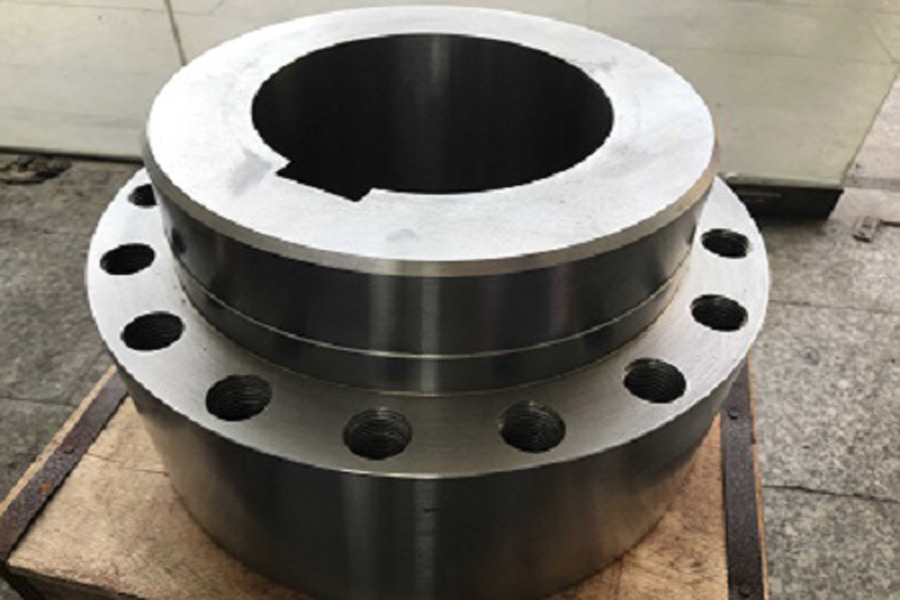
What types of precision casting include?
Precision casting refers to the general term for the process of obtaining precision-sized castings. Compared with the traditional sand casting process, the casting size obtained by precision casting is more accurate and the surface finish is better. It includes: investment casting, ceramic casting, metal casting, pressure casting, and lost foam casting. Precision casting is also…
-
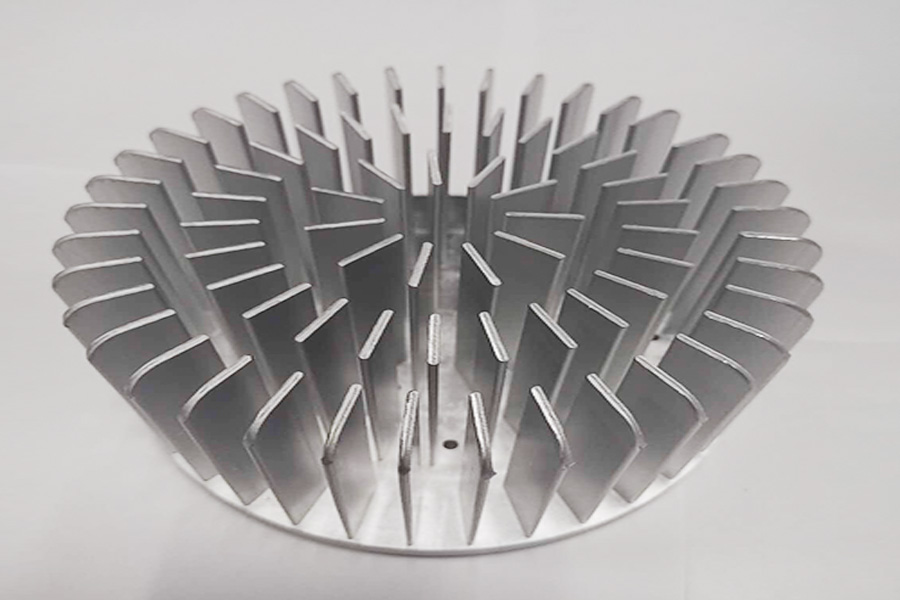
The difference between casting and die casting
The difference between casting and die casting: Casting can be divided into gravity casting and pressure casting according to the casting technology of molten metal. Gravity casting refers to the technology in which molten metal is introduced into the mold under the effect of the gravity of the earth, also known as casting. Gravity casting…
-
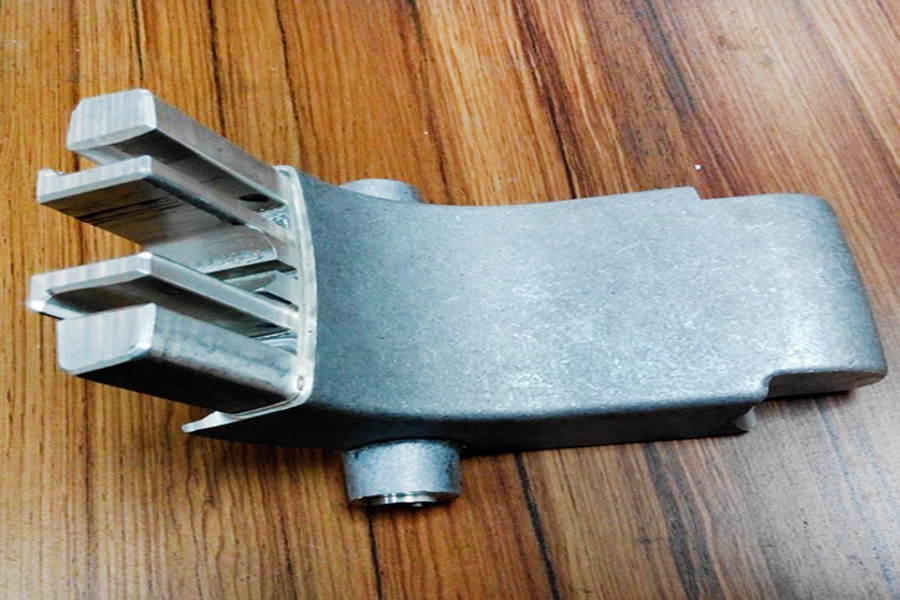
What are the technological characteristics of casting?
Casting is one of the primary methods for producing parts blanks, especially for parts blanks with some brittle metals or alloy materials (such as various cast iron parts, non-ferrous alloy castings, etc.), casting is almost the only processing method. Compared with other processing methods, the casting process has the following characteristics: 1) Castings can be…
-
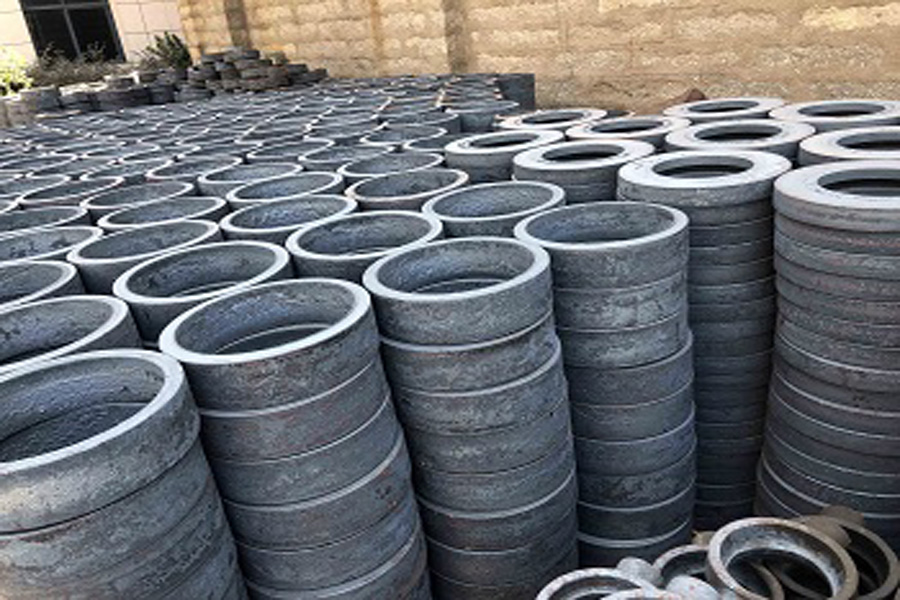
What is the manufacturing process of forging
Casting is the manufacturing process of pouring molten metal liquid into the mold, cooling and condensing to obtain the required shape and function of parts. Casting is a commonly used manufacturing method, ‘S strengths are: low manufacturing cost, high process sensitivity, ability to obtain messy shapes and large castings, and it occupies a large proportion…
-
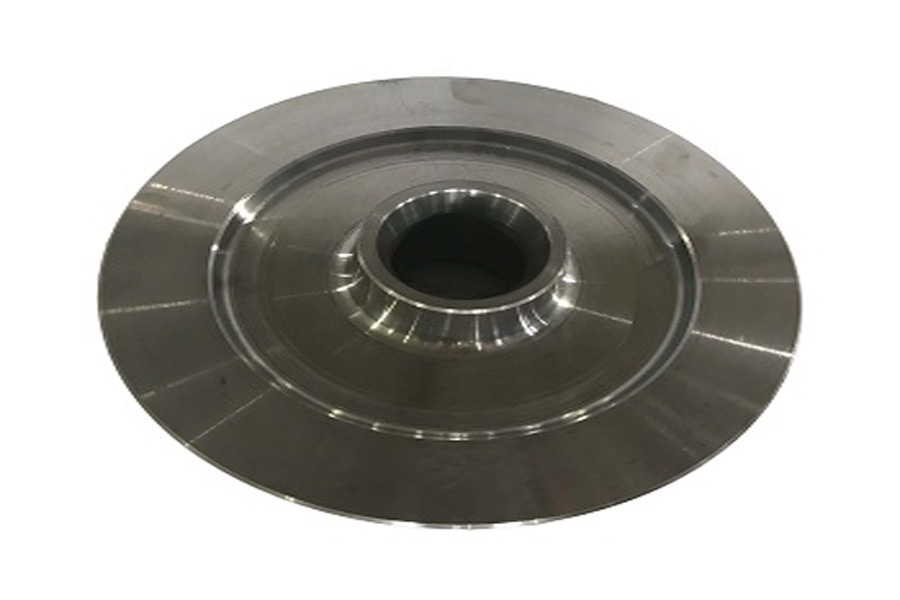
What is forging
Forging refers to a machining method that pours a solidified substance into a casting mold of a specific shape after it is liquid at room temperature but soon after it is solidified. Forging is a kind of metal hot machining casings technology that mankind grasped earlier, and has a history of about 6000 years. China…

